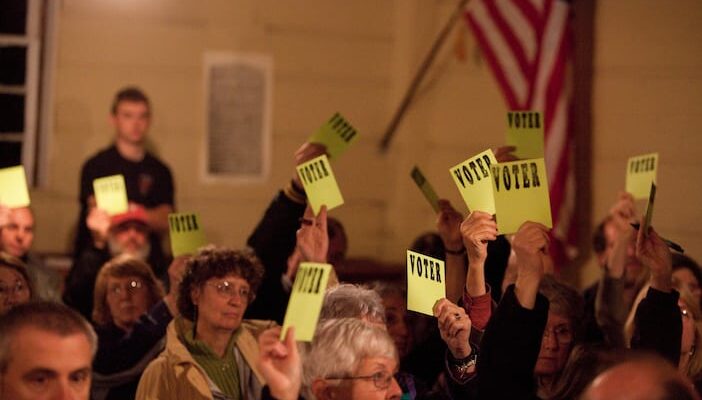Who is a member?
Our members are the local governments of Massachusetts and their elected and appointed leadership.

With adult-use marijuana commerce on the horizon, the MMA has been tracking local activity related to this emerging business activity.
Local actions include moratoriums, bans, bylaws/ordinances and zoning amendments, retail caps, and the adoption of a local-option tax.
In order to allow time for local planning efforts, 170 communities have implemented moratoriums on recreational marijuana establishments. Fifty of these moratoriums expired by July 1, however, and all but six will expire by Dec. 31.
A moratorium is a temporary measure intended to give cities and towns additional time to examine the state law and regulations regarding recreational marijuana and to make any appropriate decisions.
Moratoriums in towns, which take the form of a zoning bylaw, must be approved by town meeting (following a public hearing) and by the Attorney General’s Office. The attorney general has indicated that a moratorium extending through the end of 2018 is considered reasonable. In six cases, because the towns could “provide a rational basis” for needing additional time, the office approved the extension of a moratorium into 2019.
As of mid-July, 101 communities have voted to ban the retail sale, growth, manufacture, and/or testing of recreational marijuana products, though not all have banned every aspect of marijuana business activity. For example, Medway has banned marijuana retailers, but will allow businesses to grow, test or manufacture marijuana products with a special permit.
In municipalities where voters had opposed Question 4 in November 2016, a ban on recreational marijuana businesses can be enacted by the legislative body (town meeting or city council/board of aldermen). Municipalities where voters approved Question 4 must also obtain approval from voters at a regular municipal election in order to implement a ban on marijuana establishments.
Municipalities are also working on zoning and bylaw amendments, caps on the number of marijuana retailers, and adopting a local-option tax of up to 3 percent on marijuana retail sales.
A number of municipalities are drafting zoning amendments and bylaws. The Attorney General’s Office has approved 61 zoning bylaws that allow for marijuana establishments, with about 20 more pending.
Municipalities are allowed to cap the number of recreational marijuana retailers at 20 percent of the number of package store licenses within the city or town. The Cannabis Control Commission has specified that cities and towns must “round up” when calculating retail caps if the figure is not a whole number. Setting a retail cap requires a local ballot vote. To date, only 32 towns have approved retail caps.
Licensing applications for marijuana retailers and product manufacturers became available on June 1.
For more information about the recreational marijuana law, visit mass-cannabis-control.com.